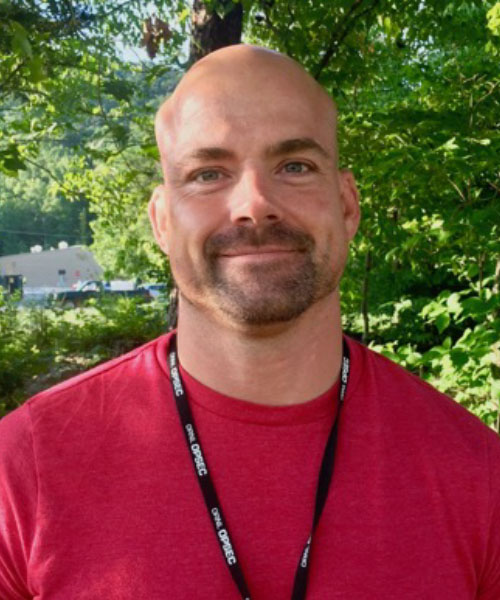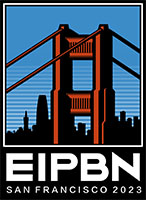Scott Retterer
Oak Ridge National Laboratory
Window to the Rhizosphere: Creating Engineered Habitats to Understand Plant and Microbial Community Development Underground
Methods for systematically varying the complexity of engineered habitats with soil-like microfluidic networks have been refined to explore the impact of spatial confinement and network complexity on the growth, migration, and development of plants, bacteria, and fungi in soil-like environments.
About Scott Retterer
As a distinguished staff scientist at Oak Ridge National Laboratory, working across the Biosciences and Center for Nanophase Materials Sciences Divisions, Dr. Retterer’s work focuses on the development of materials and fluidic interfaces to biological systems with an emphasis on understanding the effects of nanoscale structure, molecular transport, and spatial organization on biological processes. Dr. Retterer is also Section Head for the Nanomaterial Synthesis and Nanofabrication section at the Center for Nanophase Materials Sciences. Over the past decade Dr. Retterer has refined methods for integrating nanostructures, microfluidics and nanofluidics into functional assays and microfluidic culture systems. His research focusses on understanding how these platforms can be used to control and measure the physical and chemical environment around complex biosystems and understand how changes in the local environment impacts their development.

Window to the Rhizosphere: Creating Engineered Habitats to Understand Plant and Microbial Community Development Underground
Date: Wednesday, May 31
Time: 1:20 pm
Location: Continental 6





